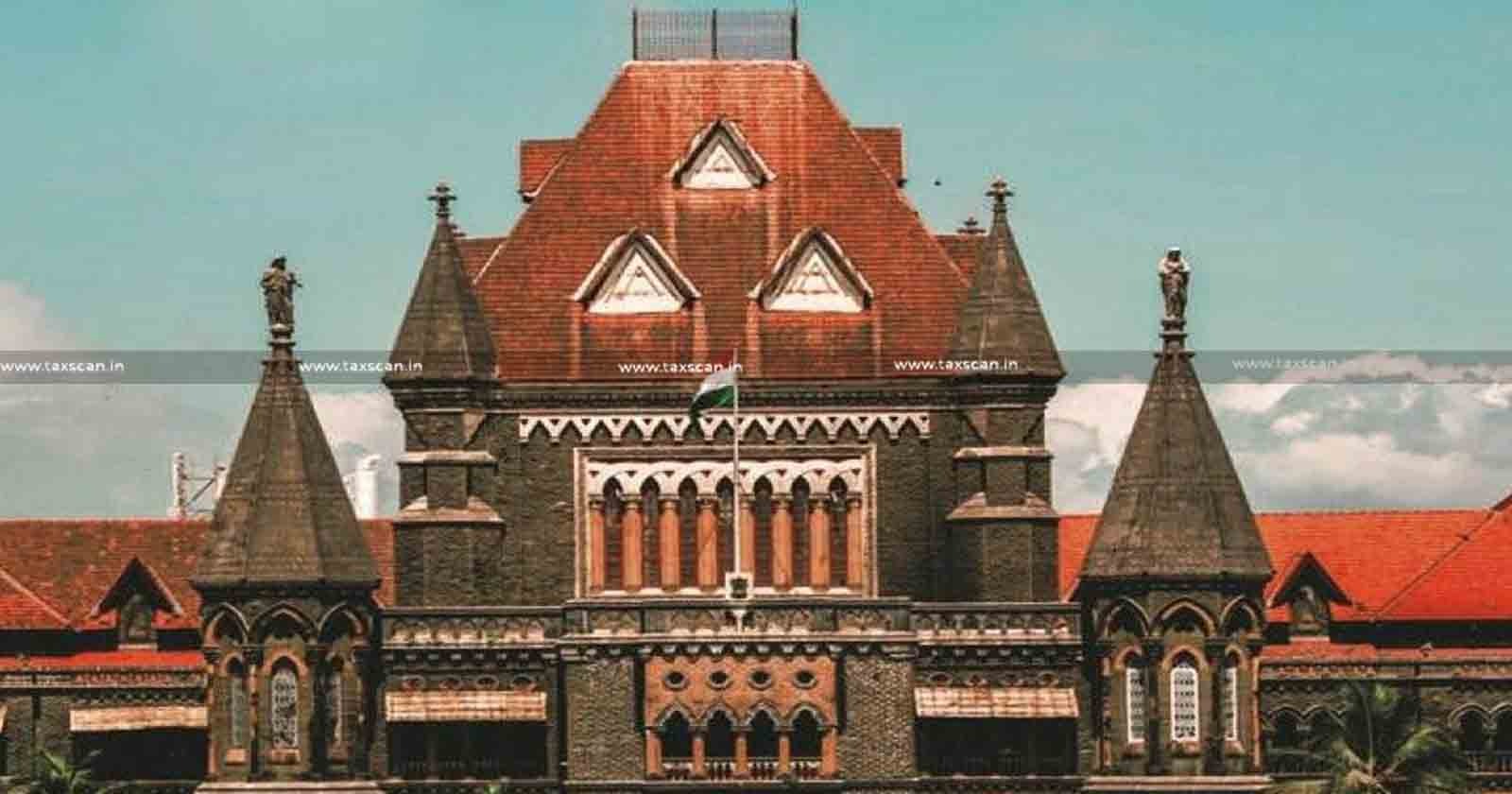Revised ITR Filed on Post NCLT Order is Unreasonable and Not Condonable: Bombay HC [Read Order]
The High Court clarified that any assessment order passed under Sections 143(3) or 144C as well as the consequent notices or orders for AYs for which re-casted accounts have been filed, will not survive.

Bombay HC – NCLT – ITR – ITR File – Revised ITR – Sections 143(3) – assessment order – taxscan
Bombay HC – NCLT – ITR – ITR File – Revised ITR – Sections 143(3) – assessment order – taxscan
The Bombay High Court quashes the CBDT's order rejecting the application filed by CG Power and Industrial Solutions Ltd seeking condonation of delay in filing returns of income based on recast of accounts pursuant to NCLT's order. It was clarified that any assessment order passed under Sections 143(3) or 144C as well as the consequent notices or orders for AYs for which re-casted accounts have been filed, will not survive.
The statutory auditors of the Assessee, CG Power And Industrial Solutions Ltd resigned before completion of their term. Their resignation along with reasons was informed to the Registrar of the Companies (the ROC). As the resignation was tendered by the statutory auditors before completing their term, an enquiry was conducted under Section 206(1) of the Companies Act, 2013 (2013 Act) by the ROC along with direction for a detailed inspection under Section 206(5) of 2013 Act of the books of account and records.
The inspection report which was issued by the Regional Director, Ministry of Corporate Affairs (MCA) and filed with the Stock Exchange contained references to unauthorised and undisclosed transactions. Pursuant to the recommendation in the said report for recasting of books of account and the financial statements, MCA filed an application before NCLT under Section 130 of the 2013 Act for restatement of books of account and PCCIT was one of the respondents to the said application.
NCLT permitted reopening of the books of account and recasting of financial statements. Subsequently, the books of accounts of Assessee and its subsidiaries for five years ending Mar 31, 2019 were reopened and recast by a CA firm appointed by MCA and the audit of such recasted books of accounts was carried out by another CA firm duly appointed by the MCA. Subsequently, MCA filed applications filed before NCLT to take on record the recast financial statements of Assessee and its subsidiaries for the FYs 2014-15 to F.Y. 2018-19 which were duly audited along with relevant audit report.
The NCLT observed in its order that neither respondents (which included PCCIT) nor any of the Indian subsidiaries of Assessee had raised or communicated any objection to the said restated standalone and consolidated financial statements and ordered that restated financial statements were to be taken on record under Section 130 of the 2013 Act so that the same may be treated as final. Based on the NCLT order, Assessee filed applications with the CBDT for condonation of delay under Section 119(2)(b) in filing the revised returns for AYs 2015-16 to 2020-21, which was rejected.
The Division Bench comprising Justice K.R. Shriram and Justice Dr. Neela Gokhale observed that CBDT is not justified in holding that there is no genuine hardship in the present case and moreover, CBDT has not given any reasons to hold that there is no genuine hardship.
The Bench found that CBDT having admitted that PCCIT who was one of the respondents to the application filed before NCLT for recasting of books and financial statements “has taken a strange stand that since no reply or reaction of the department was filed before the NCLT, the department has not indicated or conveyed that it accepts the re-casted financial statements”.
The High Court allowed the Assessee's petition directing the Revenue Department to allow Assessee to file revised returns in physical form based on the re-cast of books of account and financial statements for AYs 2015-16 to 2020-21 and to carry out assessment/appellate proceedings based on the same.
To Read the full text of the Order CLICK HERE
Support our journalism by subscribing to Taxscan premium. Follow us on Telegram for quick updates


